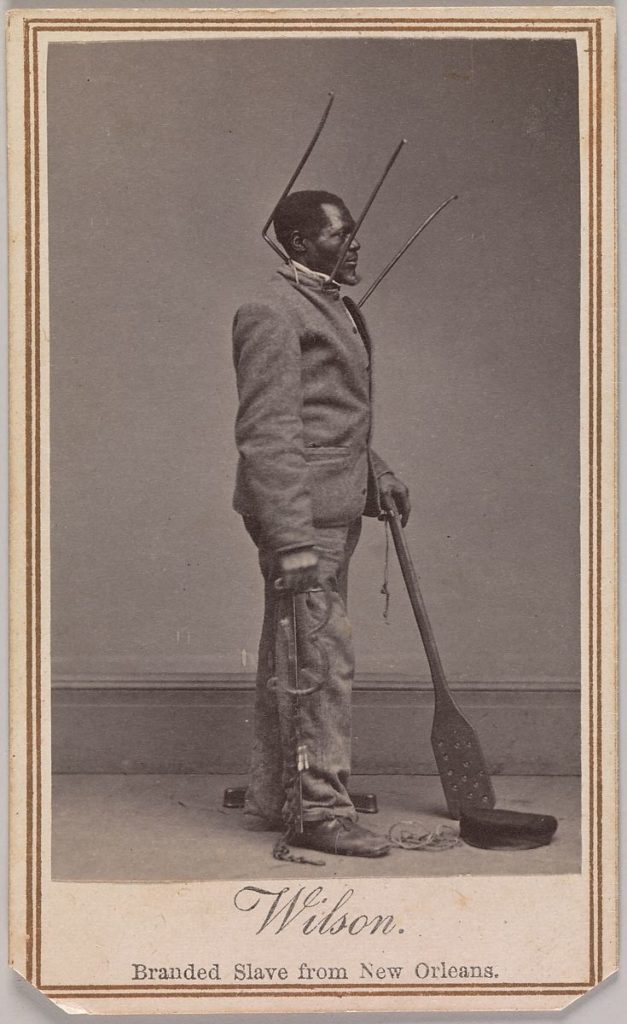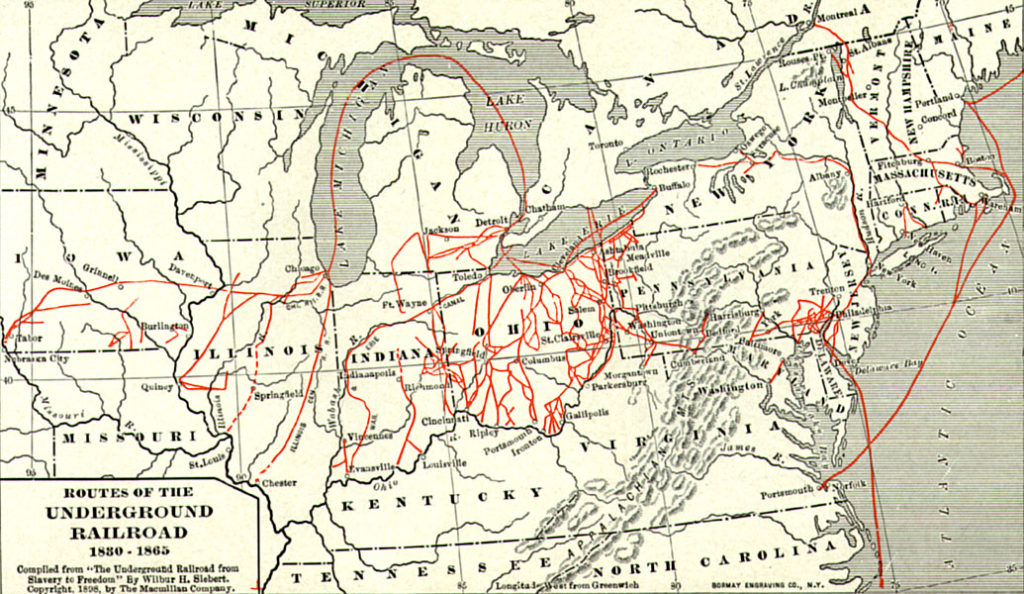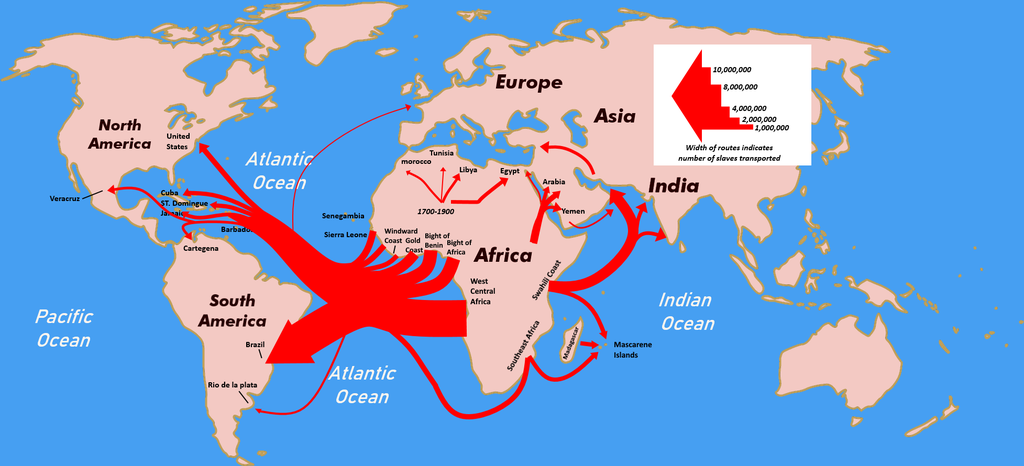Fifth in a series from AAHAWM honoring Black History Month
The Civil Rights Movement of the 1950s and 60s was a pivotal moment in American history, marked by the struggle for civil rights and equality for African Americans. This movement was led by courageous activists who fought against the systemic discrimination and inequality that had persisted for decades.
 One of the most significant events was the Montgomery Bus Boycott of 1955-56. This boycott was sparked by the arrest of Rosa Parks, an African American woman who refused to give up her seat on a bus to a white person. The boycott, which lasted for over a year, resulted in the U.S. Supreme Court ruling that segregation on public buses was unconstitutional. This was a major victory for the Civil Rights Movement and helped to build momentum for further protests and actions.
One of the most significant events was the Montgomery Bus Boycott of 1955-56. This boycott was sparked by the arrest of Rosa Parks, an African American woman who refused to give up her seat on a bus to a white person. The boycott, which lasted for over a year, resulted in the U.S. Supreme Court ruling that segregation on public buses was unconstitutional. This was a major victory for the Civil Rights Movement and helped to build momentum for further protests and actions.
Another important event was the Little Rock Nine in 1957. Nine African American students attempted to integrate Little Rock Central High School in Little Rock, Arkansas. They were met with violent resistance from white segregationists and were forced to withdraw. However, with the help of the National Guard, the students were able to enter the school and attend classes. This event brought national attention to the Civil Rights Movement and helped to build support for the cause of integration.
The Civil Rights Movement also saw a number of influential leaders, such as Martin Luther King Jr., Malcolm X, and Medgar Evers, who fought for civil rights through peaceful protests and demonstrations. Martin Luther King Jr. is perhaps the most well-known leader of the Civil Rights Movement, and his speeches and actions helped to bring about significant changes in laws and attitudes towards race relations in the United States. Malcolm X, on the other hand, advocated for a more militant approach and called for the empowerment of Black Americans through self-defense and self-sufficiency. Medgar Evers was a civil rights activist and leader in Mississippi who worked to end segregation and discrimination, and was assassinated in 1963.
The Civil Rights Movement also led to the passing of important legislation, such as the Civil Rights Act of 1964 and the Voting Rights Act of 1965. The Civil Rights Act of 1964 prohibited discrimination on the basis of race, color, religion, sex, or national origin in public places, and in the workplace. The Voting Rights Act of 1965 helped to eliminate discriminatory voting practices, such as literacy tests and poll taxes, that had been used to prevent African Americans from exercising their right to vote.
The Civil Rights Movement of the 1950s and 60s was a significant period of change and progress for African Americans, but it was also marked by violence and loss. Many activists were met with resistance and faced severe repercussions for their actions. However, the Civil Rights Movement was a turning point in American history, and it helped to pave the way for greater equality and justice for all.
In honor of Black History Month, it is important to remember the sacrifices and struggles of those who fought for the rights and equality of African Americans during the Civil Rights Movement, and to acknowledge the ongoing fight against discrimination and inequality. For further readings:
- “The Civil Rights Movement” by the National Museum of American History (https://americanhistory.si.edu/civil-rights-movement)
- “The Civil Rights Act of 1964” by the U.S. Department of Justice (https://www.justice.gov/crt/civil-rights-act-1964)
- “The Voting Rights Act of 1965” by the U.S. National Archives (https://www.archives.gov/historical-docs/voting-rights-act)
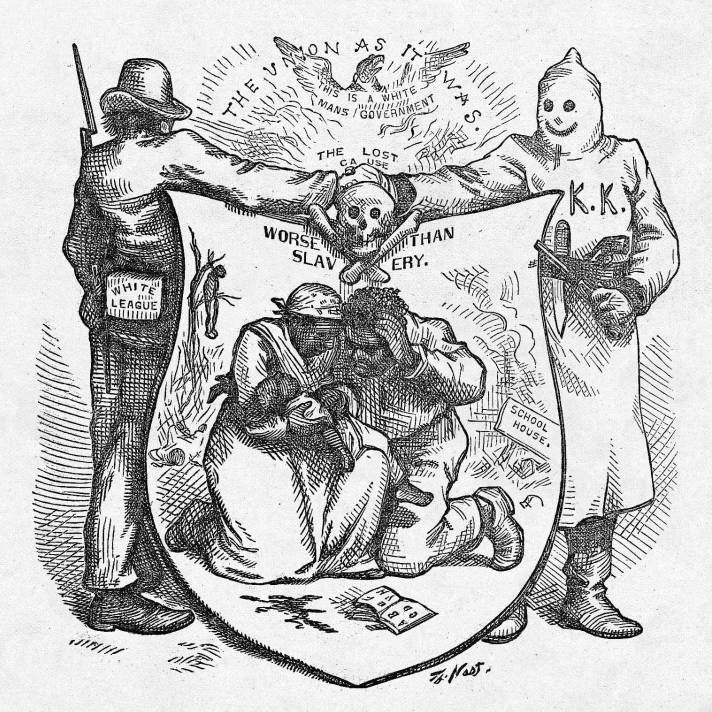
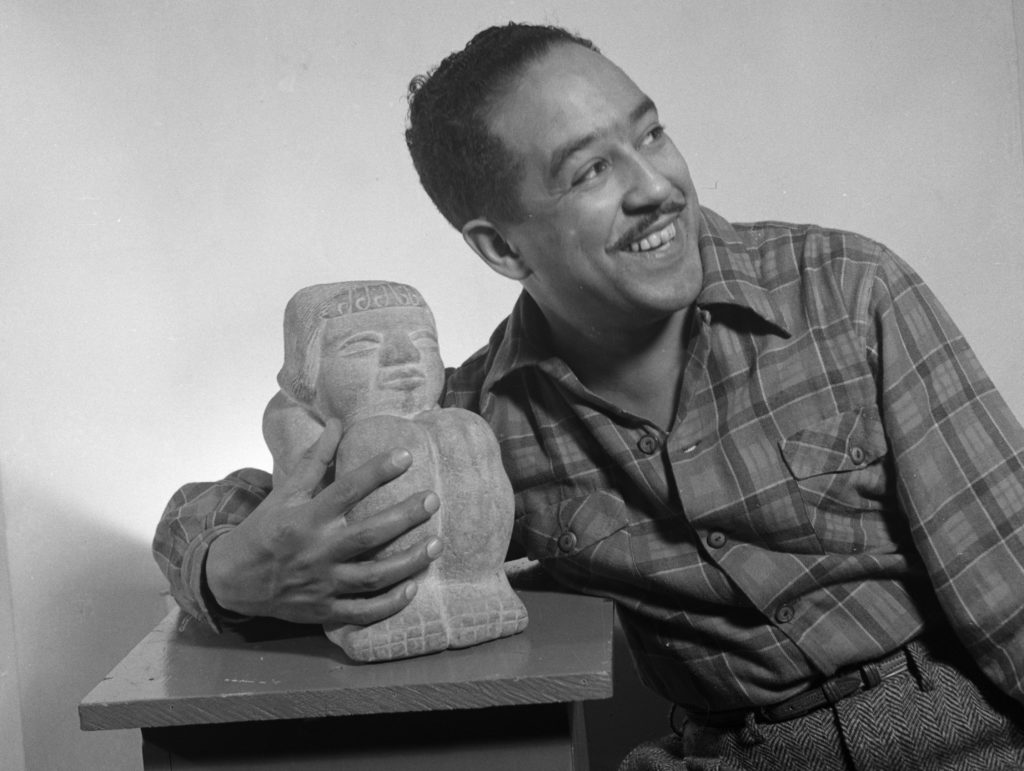 Langston Hughes was an American poet, social activist, and playwright who was a leading figure of the Harlem Renaissance. He was known for his works celebrating the African American culture, life and heritage, often using jazz and blues influences in his writing. Here’s a great post from the Radical Tea Towel!
Langston Hughes was an American poet, social activist, and playwright who was a leading figure of the Harlem Renaissance. He was known for his works celebrating the African American culture, life and heritage, often using jazz and blues influences in his writing. Here’s a great post from the Radical Tea Towel! 